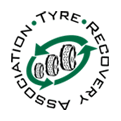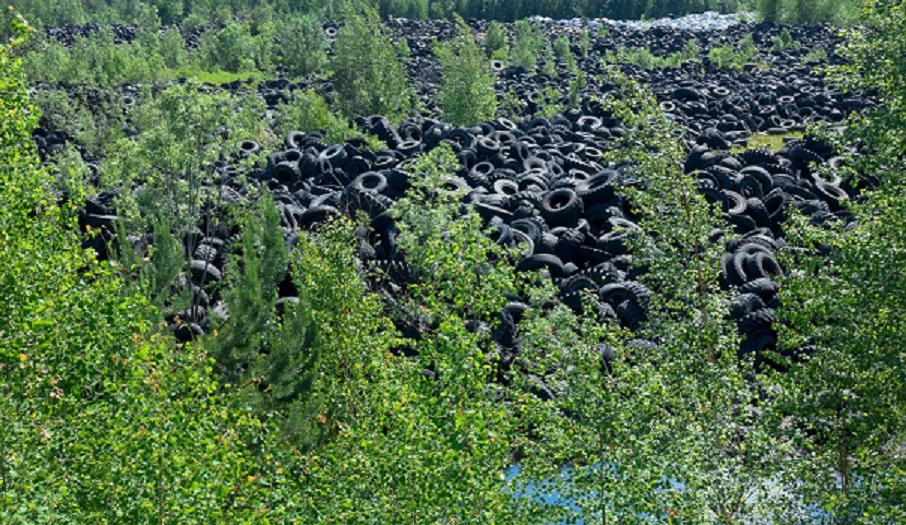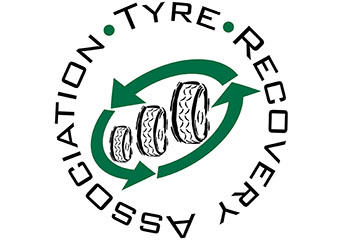Councils should ensure they aren’t liable due to latest Landfill Tax changes
Measures announced in the Autumn Budget this week could make councils unwittingly using non-audited tyre recovery collectors liable to landfill tax and penalties. As of 1st April 2018, sites operating without the relevant environmental disposal permit, and those knowingly facilitating illegal waste disposal, will be liable to pay Landfill Tax and face fines amounting to an additional 100% of the tax’s value. Operators of illegal sites will remain liable to criminal prosecution.
The new measures reinforce the need for councils to review their Duty of Care procedures and ensure their waste collectors are fully compliant with the law.








